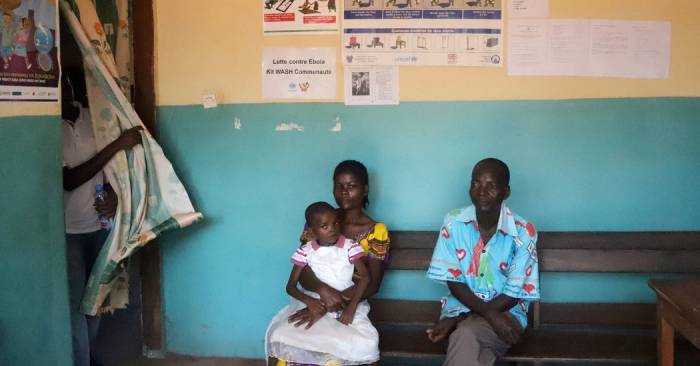By the time she sought medical help, it was too late. Ms. Carvalho, a 31-year-old mother of three, died seven days later.
Her death on May 16 illustrates the high stakes of the fight over reproductive rights that is playing out before Brazil’s Supreme Court during a rare two-day public hearing that started Friday.
The court will consider whether Brazil’s abortion laws — which forbid terminating pregnancies with few exceptions, including cases of rape and instances in which the mother’s life is in peril — are at odds with constitutional protections.
The hearing, which will continue Monday, is unlikely to lead to the imminent legalization of abortion. But women’s rights activists hope the public hearing will set off a high-profile debate on the issue, draw attention to the risks hundreds of thousands of women take each year as they resort to clandestine abortions and ultimately pave the way to overhauling the existing law.
During the first day of arguments, a majority of the 26 speakers argued for decriminalizing abortion.
Though the Ministry of Health did not take an official position on the issue, Maria de Fátima Marinho, who represented the ministry before the court, made clear that unsafe abortions created public health challenges, leading to overcrowding of facilities as well as preventable illness and death.
Ms. Marinho said that she hoped the hearing would “give a voice to those who hide the act, who are ashamed, and, because of that, take too long to ask for help, face complications, and die.”
The hearing is being held as Brazilian lawmakers take steps to adopt even more restrictive laws and abortion rights groups across the region face a strong backlash after attaining victories.
“This hearing comes at a historic moment in Brazil and in Latin America, where we have seen a rise in recent years in the opposition to sexual and reproductive health and rights,” said Beatriz Galli, a Brazilian human rights lawyer. “Brazil exemplifies the regional paradox: There has been massive mobilization in civil society for expanded rights, contrasting with a very conservative Congress.”
Brazil’s top court has ruled narrowly on abortion cases in recent years, signaling an inclination to expand access, but it has refrained from making sweeping legal changes related to the politically fraught issue.
In March 2017, the leftist Socialism and Liberty Party and Anis, a women’s rights group, filed a petition asking the court to rule that terminating a pregnancy within the first 12 weeks of gestation should not subject the pregnant woman or the abortion provider to prosecution.
They argue that abortion laws written in 1940 violate protections conferred by the 1988 Constitution, including the right to dignity, equal protection and access to health care.
Taking up their petition, Justice Rosa Weber, one of two women on the 11-member court, took the relatively rare step of seeking input from legal analysts in Brazil and abroad and convened a hearing.
In a March statement she called abortion rights one of the “most sensitive and delicate” legal issues, “since it involves matters of ethics, morality, religion, public health and fundamental rights.” Since then the court has received legal briefs from 38 groups, a record number.
A ruling in favor of proponents of decriminalization would be the first step toward legalizing abortion in this nation of 210 million, where an estimated one in five women have terminated unwanted pregnancies.
While Ms. Carvalho’s case is not before the court, abortion rights activists say her death, which received extensive press coverage, starkly shows how the current abortion laws disproportionately affect poor women.
After a long struggle to make ends meet, Ms. Carvalho landed a good job as a nanny early this year. It paid twice the minimum wage and put her dream of buying a home within reach. The unexpected pregnancy threatened to derail that progress, according to an account of her final weeks drawn from police reports and interviews with relatives.
The man who got her pregnant made clear he had no interest in being a father. When Ms. Carvalho told him in a text message that she intended to have an abortion, he didn’t respond.
Ms. Carvalho seemed to know her relatives would try to talk her out of her decision. Her brother, Natanael Barbosa, an evangelical preacher, said he would have been adamantly opposed to an abortion.
“I wish she had told me,” Mr. Barbosa said during a recent interview at his small church in a hillside neighborhood. “I would have said, Give me one of your kids, I’ll raise it.”
New York Times
More about: Brazil
















































